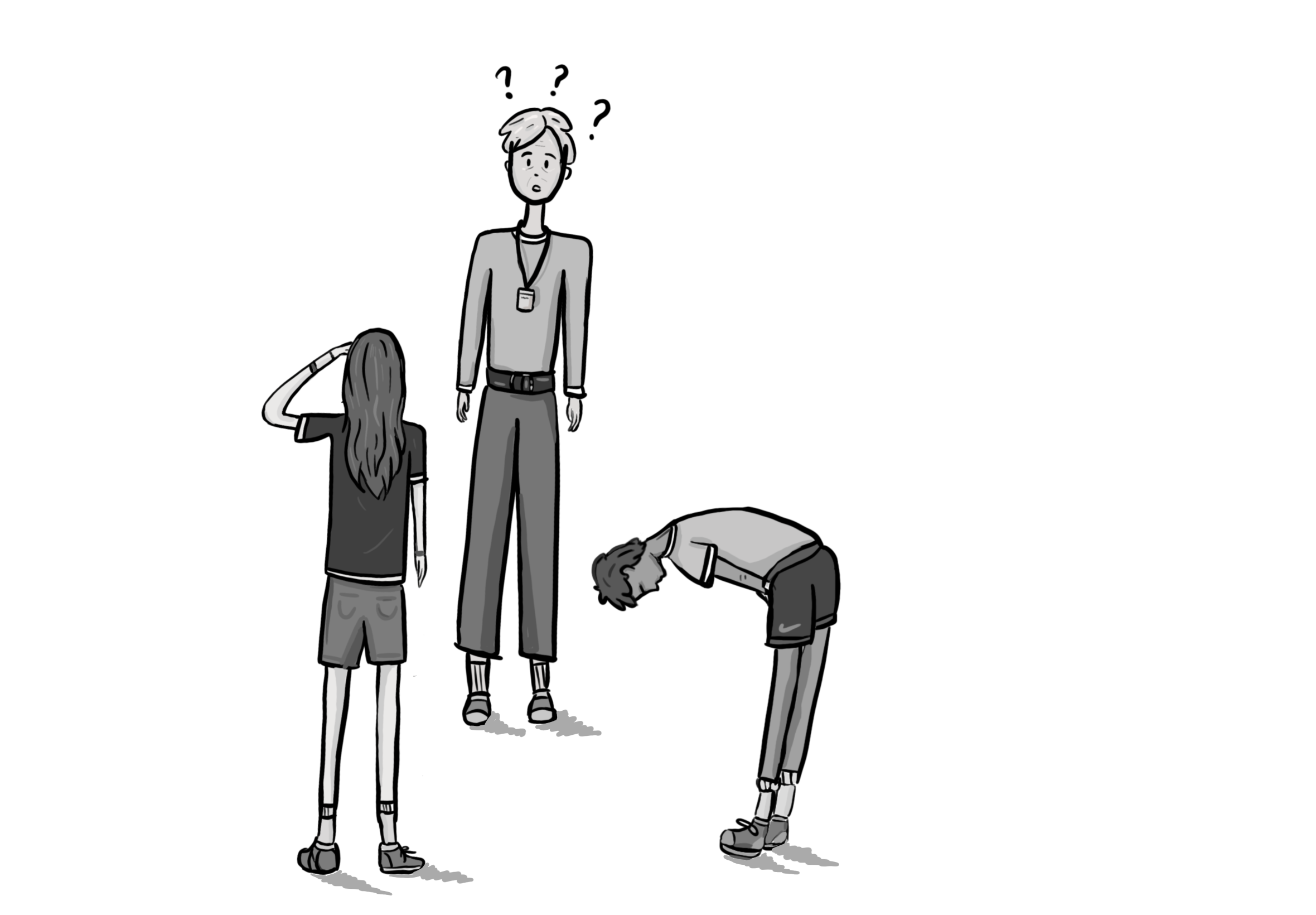“Hard times create strong men, strong men create good times, good times create weak men, and weak men create hard times,” wrote the postapocalyptic author G. Michael Hopf. Currently, our country’s education system is in the “good times” phase in many ways.
However, after the recent relatively calm decades and the disruptions caused by the COVID-19 pandemic, many students today face various academic challenges, one of the most significant being social media’s increased influence and usage, which has led to a decline in focus and engagement in learning. If we want to avoid creating “hard times,” PHS needs to go beyond our educational standards and learn from other countries to improve the present state of our education culture.
What is the current education culture like in the United States? When compared to educational systems overseas, the U.S. school system is falling behind in multiple different aspects. Taking a look at the latest Programme for International Student Assessment, Trends in International Mathematics and Science Study, and the National Assessment of Educational Progress exams held in the years 2018–2021, the United States regularly doesn’t even land in the top ten. This is despite being a global superpower and an extremely well-developed first-world country. When zooming in on the Princeton area, the case is no different. According to the official website of the state of New Jersey, for the 2022–2023 NJSLA and DLM, 71.4 percent and 61.0 percent of students in the PPS District met or exceeded expectations in the English Language Arts section and Mathematics section, respectively. This doesn’t look good in comparison to other districts, like the Summit Public School District, which had 81.0 percent and 69.9 percent of students meeting or exceeding expectations for the same test. In New Jersey, PMS and PHS don’t even come close to being on top. So what could PPS do better?
To improve, there are many ways our school could take inspiration from international educational standards and culture, specifically when it comes to respect for teachers. In China, a 2018 study conducted by the National Institute of Economic and Social Research found that 81 percent of teachers felt that they were respected by their students, compared to the international average of 36 percent.
This is not at all the case at PHS, where it is becoming increasingly common to see students being distracted during classes — not participating, talking during lessons, or ignoring classroom rules. For teachers, these distractions are more than just frustrating, but also make them feel insulted and undervalued. In a study published in 2018 by the Journal of Educational Psychology, it was found that teachers who reported that they felt disrespected by their students were less likely to be engaged in supporting their students and have enthusiasm in their teaching. For more teachers to feel like they are valued, more students need to start listening to instructions, being curious about lessons, and engaging with their classes.
Simply put, to improve our current educational state, there needs to be a change in students’ attitudes and the environment in which they learn. For PHS to create future leaders, we have to focus on our education — students need to put in the effort and show that they care about school. Being engaged in learning and academics helps us build lifelong skills and become more knowledgeable citizens in the future. It’s time for PHS to step away from our current education culture and follow the lead of other countries when it comes to learning, like by increasing academic rigor, showing respect to teachers, and showing a genuine interest in learning
